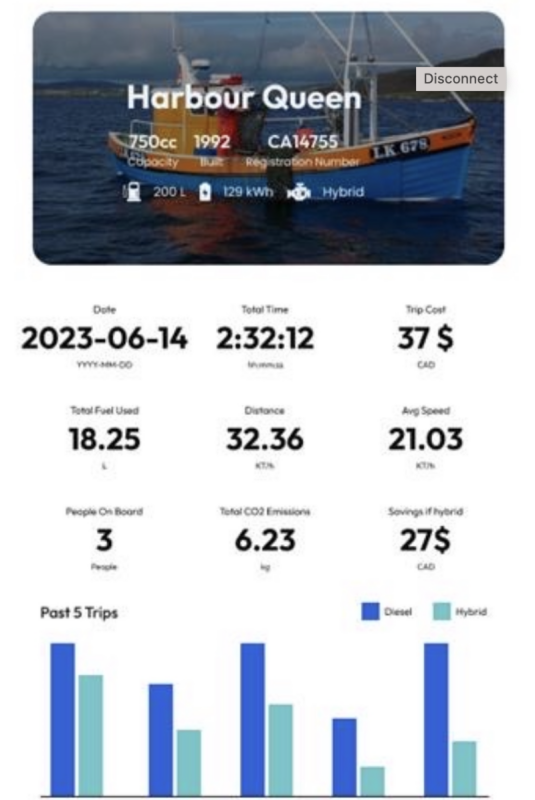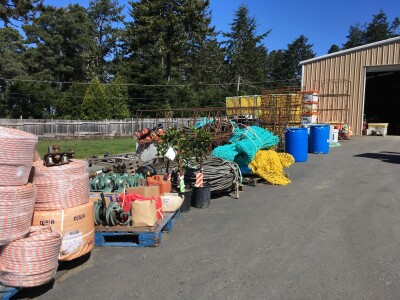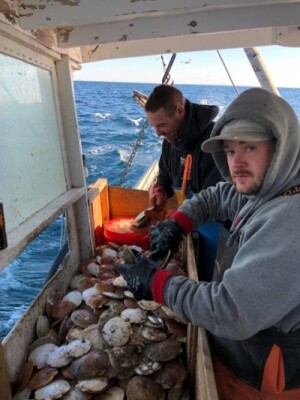Glas Ocean Electric, a Nova Scotia-based company working to create electric power option for commercial fishing vessels, announced on Oct.4 that it had received a DARPA grant to develop and demonstrate a low-cost data acquisition system.
“We know that on land, drivers with information about how much fuel they are using burn 15 percent less,” says Glas president Sue Molloy. “Most fishermen know more or less how much fuel they’re burning; what we give them is better resolution.”
DARPA, the Defense Advanced Research Projects Agency, is part of the U.S. Department of Defense that funds breakthrough technologies. The Glas Ocean Electric technology, called PerforMarine, will collect a combination of data that includes oceanographic and weather information and feed that into an artificial intelligence (AI) algorithm that will give vessel operators a deeper understanding of their fuel use.

“If a fisherman is going out when the tide is running a certain way, and waves are a certain height, and it is costing more in fuel, this can tell him if it makes sense to leave at a different time,” says Molloy. She also notes that PerforMarine can create a baseline for vessel performance and allow operators to earn carbon credits for reducing their carbon footprints.
According to Molloy, the information gathered with PerforMarine is uploaded to an online cloud and can be accessed by the user while also being integrated anonymously into the creation of a big data picture of fuel use under varying conditions. “It’s like the way your Fitbit data is collected anonymously to help understand health,” says Molloy.
Vessel operators will see information as readouts on a screen in real-time, and it can also be accessed by fleet owners who want to monitor and compare the performance of their vessels and advise captains on how they might conserve more fuel.
“Another thing this can do is create a vessel performance picture over time and let you know if a hybrid system would be cost-effective,” says Molloy.
The technology is still in its early stages of development. Molloy says that the price and timeline for the rollout are still being determined.







